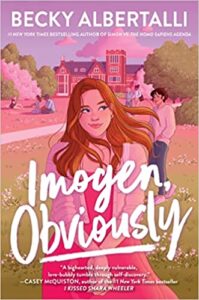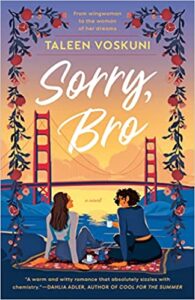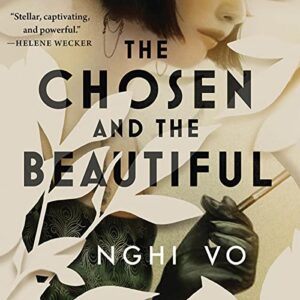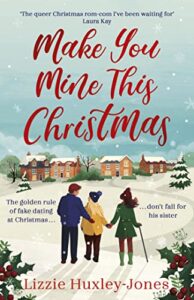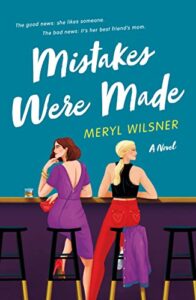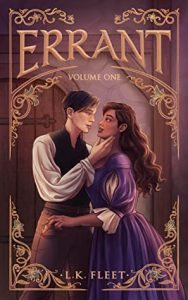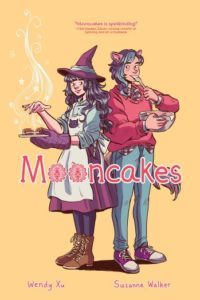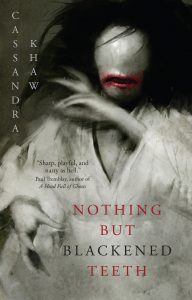Amazon Affiliate Link | Bookshop.org Affiliate Link
Now that I’m twice the age of many of the protagonists in Young Adult books, I have a different relationship with them. I still read YA, but I find myself feeling protective of the main characters instead of relating to them. Nothing exemplified that shift more than reading Imogen, Obviously, where I just wanted so badly to give Imogen a hug as I read it.
Imogen is a high school senior who is a very enthusiastic queer ally, even though she’s, as Imogen puts it, “hopelessly” straight. Her sister and two closest friends are all queer. She goes to every Pride Alliance meeting. Her favourite movie is But I’m a Cheerleader, and she collects editions of One Last Stop by Casey McQuiston.
Her best friend Lilli is a year ahead of her and has already found a queer friend group in university—the same school Imogen will be joining in a few months. Imogen is happy for her… even though she feels out of place. She doesn’t want to intrude, as a cis straight person.
When Lilli finally convinces her to visit, she drops a bombshell when Imogen arrives: Lilli felt insecure about not having a serious relationship with a girl before, and she lied about Imogen and her being exes. So now everyone thinks Imogen is bi, including Tessa, who gives Imogen butterflies, which is obviously just Imogen queerbaiting inside her own head.
Imogen as a character broke my heart, to be honest. She’s a people-pleasing overthinker who analyzes herself to death, twisting herself into knots until she loses sight of the very obvious. The very obvious like: she’s not straight. The very obvious like: her friend Gretchen isn’t the authority on all things queer, and can be pretty toxic when she acts like it.
In a social media graphic for the book, the author describes Imogen as having queer discourse brainworms, which is a good way to put it. She tries to educate herself about queer issues, but just ends up thinking that there’s only one right way to be queer. She doesn’t feel the same way about girls as she does in her crushes on guys, so she concludes that means she doesn’t like girls at all. Even when faced with obvious evidence to the contrary, she convinces herself that she’s just trying to be bisexual for clout and that she’s a bad person for appropriating queerness.
“Queerness recognizing queerness. It’s kind of beautiful when you think about it. I really do wish it was mine sometimes.”
Imogen longs to be part of the queer community, and while I’m sure there is some 100% straight and cis person this applies to in the world, it’s such a relatable queer experience. I was in middle school when I excitedly talked about looking forward to joining the Gay/Straight Alliance in high school, and how if I could choose, I’d be pansexual and panromantic. But, of course, I was hopelessly straight…
Gretchen was a difficult character. Some people will absolutely hate her, which I understand. But I found myself thinking that my high school self was somehow right between Imogen and Gretchen: an anxious overthinker who also was so deep in queer discourse that I thought I knew it all. Gretchen is going through some things and lashing out at other people—I hope that this is just the beginning of a journey of processing her trauma, because she’s not in a healthy place now.
I haven’t even mentioned the Tessa/Imogen romance! It is adorable. Tessa is a lesbian and Imogen (spoiler?) is bisexual. Both are Jewish. Poor Imogen takes a while to understand she’s falling for her, but it’s a fun ride, including college shenanigans with her and their friend group.
I loved reading this, even if being inside Imogen’s head could be a little too relatable at times. This is actually my first Becky Albertalli read, but I can now confirm the hype is justified. I highly recommend it to any queer person who once also thought they were hopelessly straight.

